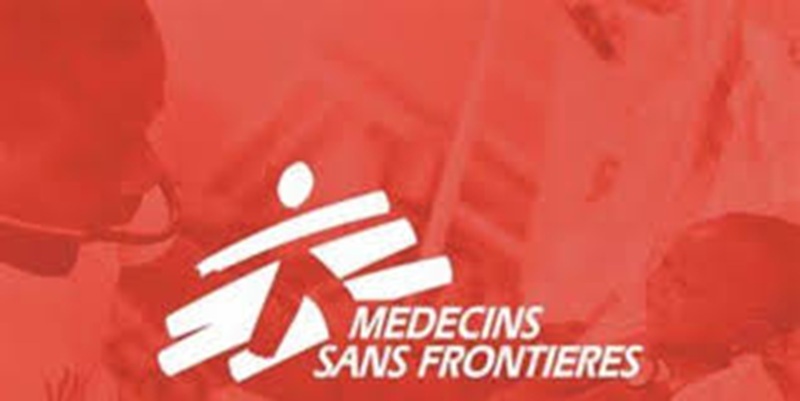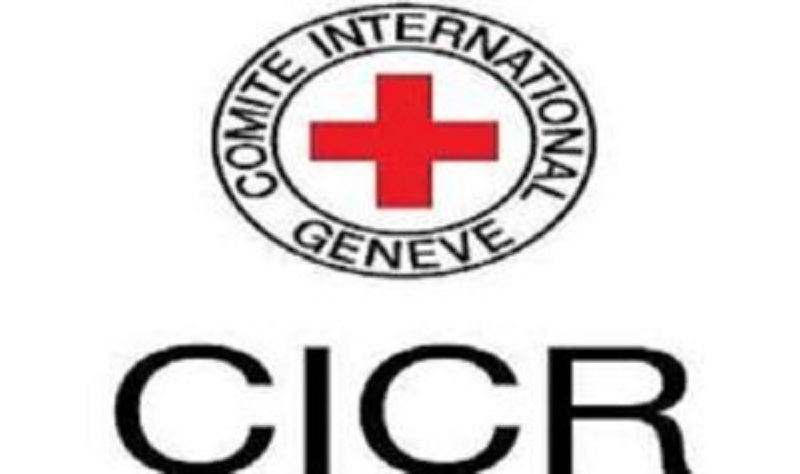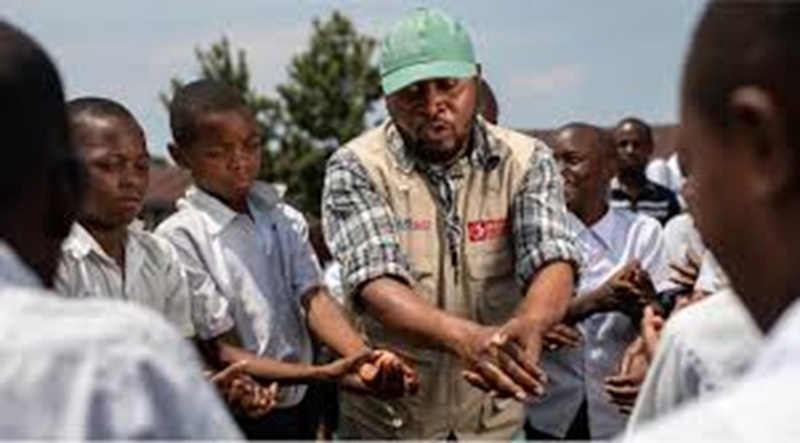L’Institut international de gestion de l’eau (IWMI) est une organisation de recherche scientifique à but non lucratif qui se concentre sur l’utilisation durable des ressources en eau et en terres dans les pays en développement. L’IWMI est le centre principal du programme de recherche du CGIAR sur l’eau, la terre et les écosystèmes (WLE). Le CGIAR est un partenariat mondial de recherche pour un avenir en sécurité alimentaire.
À propos du travail
Job Summary
The International Water Management Institute (IWMI), a CGIAR Research Center, is seeking applications from suitably qualified candidates for a consulting assignment under project titled « Rethinking Food Markets and Value Chains for Inclusion and Sustainability ».
This consultancy assignment commissions two MELI&SPA-related activities:
- Process tracing assessment, and
- Impact assessment.
Specifically, this consultancy aims to:
- Co-develop and carry out the process tracing assessment for four work packages in the Initiative.
- The process tracing assessment refers to the examination of inter-mediate steps in a process to make inferences about hypotheses on how that process took place and whether and how it generated the outcome of interest and impacts.
- This also includes the estimation of the causal effect of intervention X on outcome Y.
- The process tracing assessment, therefore, requires developing a hypothesized causal effect mechanism, operationalizing the causal effect mechanism, collecting evidence, and assessing the inferential weight of evidence to explain the causal impact statement of the intervention.
- The process tracing assessment is at the outcome level of the work packages (WP) and will be carried out for each WP.
- Design and implement the impact assessment for the work packages and for the Initiative.
- The impact assessments will evaluate outcomes and impacts of the WPs and End of Initiative (EoI) outcomes and impacts of the Initiative.
- Impact assessment findings should serve to verify the validity of the Initiative’s ToC and indicate if there is a need for course correction.
- Impact assessment results will help inform the direction of future cycles of the initiative, including what components need to be corrected and which are closer to scaling. V2
- Collaborate and engage with the WP and MELIA&SPA teams to generate in-depth insights on processes and causalities adding to the overall MELIA/SPA activities including the profiling of innovation bundles as well as capturing the initiatives outputs, outcomes, and impacts.
Tasks:
- Engagement with Initiative and WP teams
- Familiarize yourself with the Initiative’s proposal, teams, and countries where the initiative is present
- Engage with country and work package teams to gain an overview of their activities (completed, ongoing, planned), their perspectives, insights, the main stakeholders for each setting, and the domains (e.g., value chains) that the innovation bundles will likely concern.
- Co-facilitate the series of MELIA&SPA workshops on innovation bundle profiling, process tracing, and causal impact assessment
- Co-lead capturing the profile of shortlisted innovation bundles
- Collaborate with the MELIA&SPA team along the implementation of process tracing and impact assessment:
- regularly (bi-monthly) feedback observations to course correct or raise important additional process and causal impact questions to be answered jointly with the work package- and or country teams.
Process tracing assessment:
- Planning, co-design and preparing for the process tracing assessment:
- Workplan to carry out the impact assessment process
- Lead the co-design the process tracing assessment with the WP teams and MELIA&SPA team
- Co-develop (with local teams and work package leads) clear counterfactuals to support the process tracing/causal impact assessment
Implementation of the process tracing assessment:
- Develop the initial and evolving hypotheses regarding the expected or observed change processes as well as capture and explain the choices made on theory-building concerning intervening events, treating them whether as exogenous, complementary, or endogenous (for WP 1, 2, 3)
- Trace changes over time that influence the demand and support for, the context and efficacy of the bundles towards achieving the set goals (for WP 1, 2, 3)
- Identify uptake and average or potential impact of the piloted innovation bundles. Describe challenges, unexpected or undesirable impacts (for WP 1, 2, 3)
- Track the changes in policies (outcome 4) and policy advice at global level (for Ethiopia, Nigeria, Uganda, Bangladesh, Guatemala, Honduras, and Uzbekistan). Measure impacts on policy making process and on investment decisions by private sector stakeholders (For WP4)
Data collection:
- Metadata and data collection tools developed
- Data collected gradually and updated
- Impact assessment (WP and initiative)
- Planning and preparing for the impact assessment:
- Workplan to carry out the impact assessment process
Impact assessment design:
- Identify outcome and impact indicators for the WPs and the Initiative
- Develop impact statements
- Identify the expected or observed change processes
- Data collection tools, filing system
- Carry out the impact assessment process
- Data collection tool and actual data collection
- Trace outputs, outcomes and impacts over time, resulting from the initiative’s immediate activities.
Together with the MELIA/SPA team include the measurement of impacts on women’s economic empowerment, referring to the outputs, outcomes, and impacts in terms of (but not limited to):
- Number of beneficiaries (smallholder farms, agrifood SMEs) – disaggregated by gender
- Number of information products, policy briefs, guidelines, dialogues
- Number of policies and strategies
- Number of research syntheses and guidelines
- Number of innovations
- Data analysis and report writing
- Capture achievements and progress made, but also areas of concern or missed opportunities.
- Capture the maturity of the bundle (environment) to further evolve and exist without the initiative’s active engagement. Describe the processes that led to the new current situation: who or what was instrumental to success, who and what was limiting progress, or gave new insights requiring adjustments to the initial bundle and the scaling pathway?
- Capture significant contributions of WPs and initiative to endline report: focus on tracing changes related to the initiative and the bundles.
Key Deliverables:
- Process tracing assessment designed and carried out for 10 innovation bundles and interventions
- Dataset of process tracing assessment for 10 innovation bundles and interventions
- Semi-annual process tracing assessment reports
Impact assessment:
- Impact indicator matrix and
- Impact assessment report for the initiative
- Experienced individuals or consulting organizations, are eligible to apply for this consultancy.
Requirements:
- An excellent track record of leading impact assessment as well as process tracing roles for international organizations as part of international research or development cooperation.
- A minimum of 7-10 years of experience in participatory and theory-based methods for monitoring, evaluation, and learning including Outcome Mapping, Qualitative Comparative Analysis, Contribution Analysis, Realist Evaluation, Most Significant Change, Process Tracing, and Contribution Tracing.
- Experienced in internal reviews and meta-analyses, external project evaluations, leading multi-stakeholder workshops and field visits as well as in developing, consolidating, communicating, and successfully applying tailored MEAL tools.
- Doit avoir créé et mis en œuvre des systèmes et des processus de gestion des connaissances et d’apprentissage.
- Expérience MEAL dans au moins un des pays indiqués : Bangladesh, Éthiopie, Nigéria, Ouganda, Honduras, Guatemala ou Ouzbékistan.
- La maîtrise de l’anglais est indispensable, d’autres langues des pays indiqués sont un plus.





